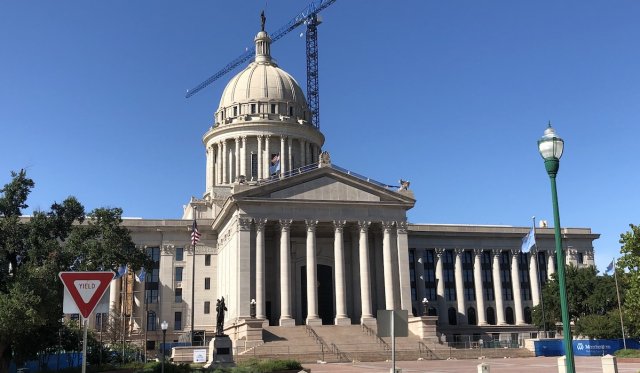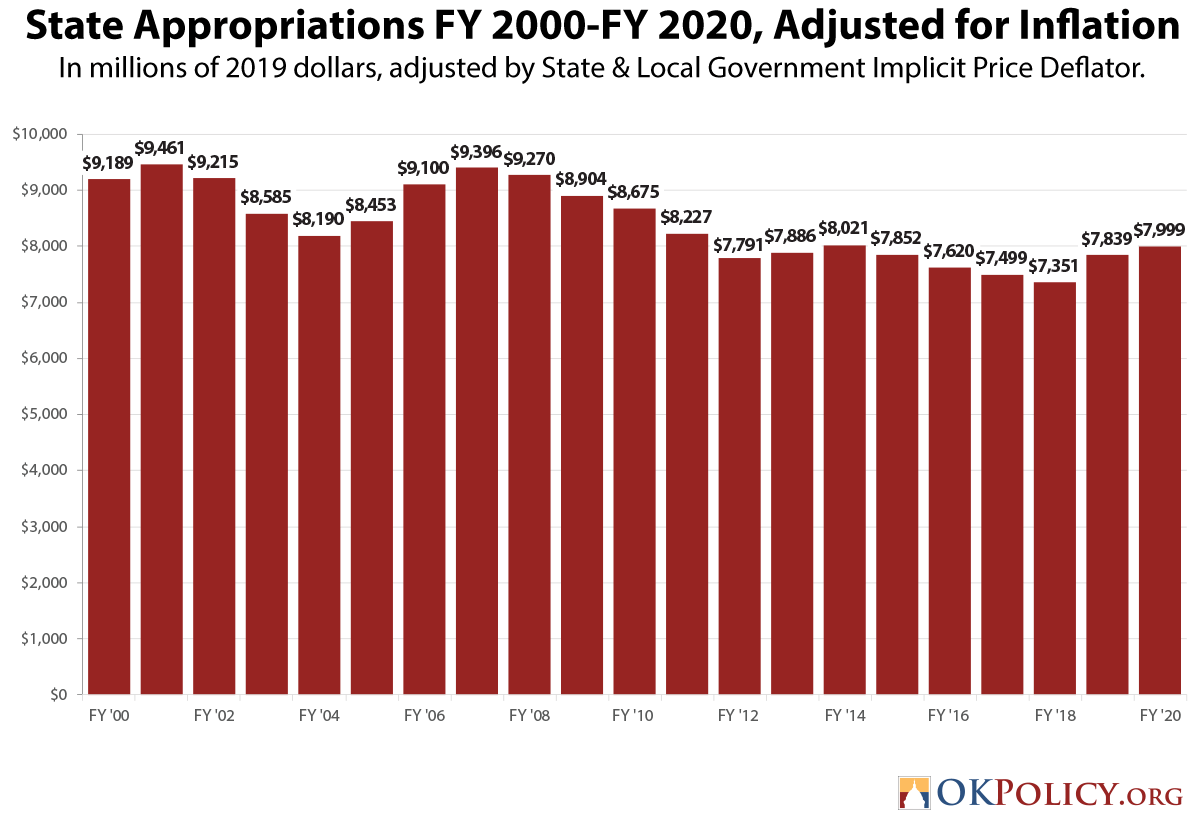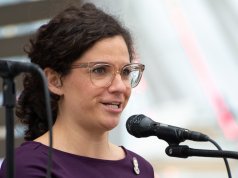
The Tulsa World editorial board recently criticized Gov. Kevin Stitt for emphasizing savings over spending when the state budget for FY 2019 showed an extra $350 million dollars, which brought the Oklahoma Rainy Day Fund to $800 million. The same editorial says Stitt has the stated goal of bringing state reserves to $2 billion, something he and legislative leaders are closer to after choosing to leave $200 million unappropriated for this fiscal year.
Despite recent increases in teacher pay, classroom funding and mild boosts to agency appropriations across the board, Oklahoma is not investing enough in the present and is failing to adequately prepare for the future.
Conservative leaders in Oklahoma often like to compare the state budget to a family’s budget, focusing on reducing expenditures so we can save up for the hard times. I don’t disagree that the hard times are coming (and, oh boy, are they), but there are two factors that make saving this much revenue right now a bad idea. Bear with me as I over extend the metaphor.
The Oklahoma budget illustrates the truth in the saying “it’s expensive to be poor” and why it is so difficult for poor families to build up savings. Poor families can’t build up their savings because they get hit with unavoidable expenses like childcare, medical bills and car maintenance that is necessary to keep their job. Likewise, Oklahoma can’t afford to stop paying the bills in order to save all our money.
The benefit for Stitt is that when you’re the head of a family of four million, you don’t have to look the children in the eye and tell them you can’t afford to go to the doctor. Oklahoma’s elected leaders have had the ability to understand the depth of our problems and past reductions in funding. They have decided that we can live through the pain while we develop our savings account. Our FY 2020 budget is still 10 percent below 2008 levels in terms of spending, when adjusted for inflation, despite a population increase of 5 percent between 2010 and 2018. If a state government is not for taking care of each other when it is needed, then what is it for?

Fossil fuels moving out of style
Back to the hard times. The world is moving away from fossil fuels as we see the damage they are causing to the globe become more real. Sixty percent of Americans favor a dramatic reduction in the use of fossil fuels in the next 10 to 20 years. In part, this fact does support saving as much as possible before our state’s largest source of income drops off the charts. If you are horrified about the level of state services provided today, just wait until 2040. In our analogy, this is like knowing beforehand that your job at the factory will disappear yet relying entirely on the free market to provide you with another, while also rejecting government training in another industry.
But this fact also supports the idea that Oklahoma should be investing in alternative revenue streams to support state government in the future.
That could mean expanding Medicaid and bringing $1 billion into Oklahoma that would go to another of our largest industries, health care. Opponents of Medicaid expansion will point out that we have to come up with $100 million on our own, but don’t forget we just put three times that amount into our savings account.
That could also mean investing in our universities so they can lower tuition and be within reach for more people, thus increasing the pool of young people with college degrees who like to start businesses. Or it could mean investing in technological research like renewable energy.
Of course, this could also mean attracting new businesses to Oklahoma, but as we have seen there are two likely outcomes to these deals. First, the company decides not to come because the state can’t afford to care for its citizens. Second, the company decides to invest here only because state or local government pays them an exorbitant sum. Now we’re back to the beginning.
Stitt has vowed to be a long-term thinker in terms of state government. Having $2 billion in the bank sounds great, but only if you ignore that Oklahoma is neglecting its most vulnerable today and not preparing for a precarious future.






















